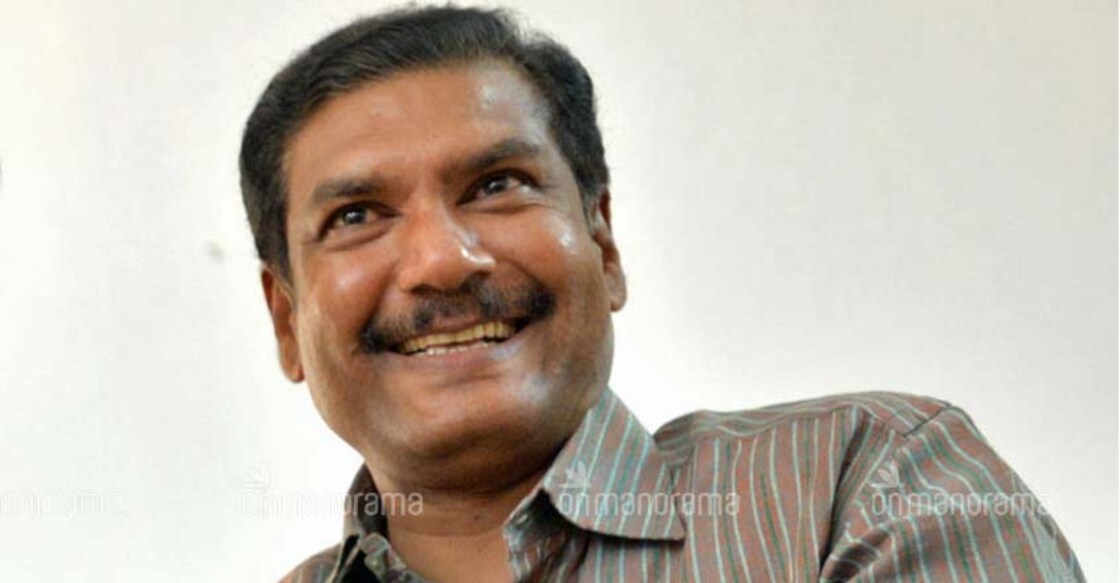Explained: Kerala appointed special representative in New Delhi. It is not a first in India

Mail This Article
On Thursday, the Kerala government appointed former Lok Sabha member A Sampath as its representative in New Delhi. The government said he will 'liaise with the Centre to speed up the projects that need the Centre's cooperation'. The appointment has already created a furore with opposition parties alleging abuse of power and over-expenditure. Onmanorama explains what the post means and how it will function.
Who is a special representative?
A special representative is a non-bureaucratic officer who will act as a bridge between the state and the central governments.
Is such an appointment new in India?
No. Southern states such as Tamil Nadu, Karnataka and Telangana have similar officers functioning in New Delhi.
How much salary the special representative will get?
It's equivalent to a State minister's salary (Rs 90,000). He is also entitled to other perks, including an official residence and vehicle. Other staff in his office will be appointed on contract basis.
Where will be the special representative's office?
It will be based in New Delhi. It will have five staff - a private secretary, two assistants, an office attendant and a driver.
What are the duties of the special representative?
He will liaise with the Centre, including ministries, to fast-track projects and get monetary aides. He will monitor and follow up the centrally-sponsored / assisted projects of the state government. According to sources in the Chief Ministers Office, state officers in New Delhi have limitations to interact with central ministers.
Why did Kerala government appoint the special officer?
The need to finish some central projects on time.


